Biotechnology and Genetic Engineering: Reshaping Agriculture Through Improved Crop Traits
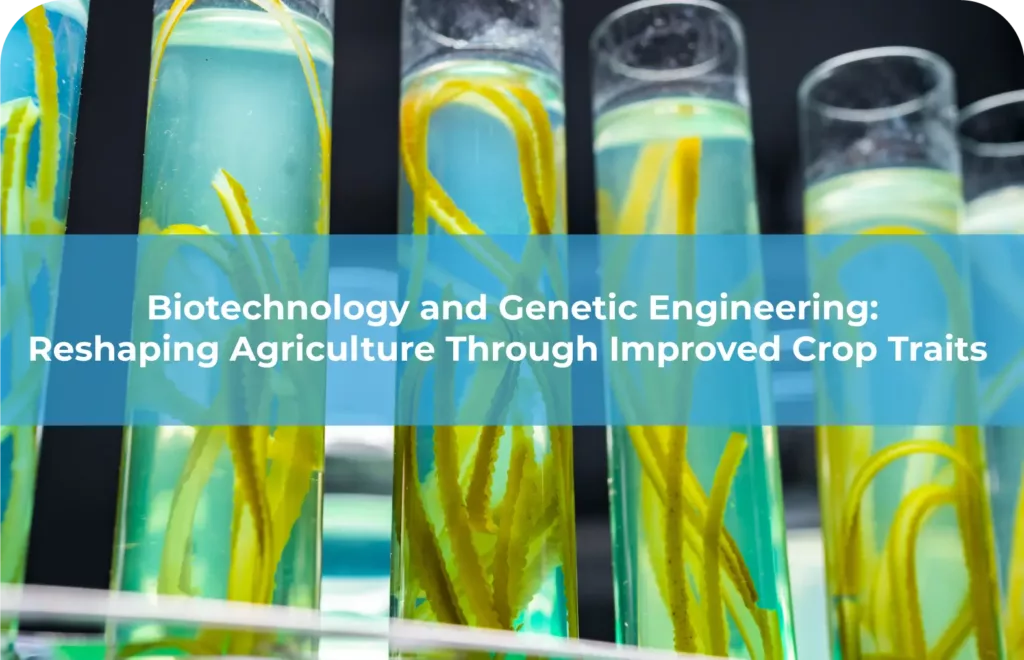
Biotechnology and genetic engineering have ushered in a new era for the agriculture sector. By developing crops with improved traits such as disease resistance, drought tolerance, and enhanced nutritional content, this technology promises to address some of the biggest challenges facing modern agriculture. As we strive towards a sustainable and secure food future, genetic engineering could be a powerful tool in our agricultural arsenal.
UK Farmers Pioneering Innovative Crop Cultivation Techniques by Stepping Into the Future
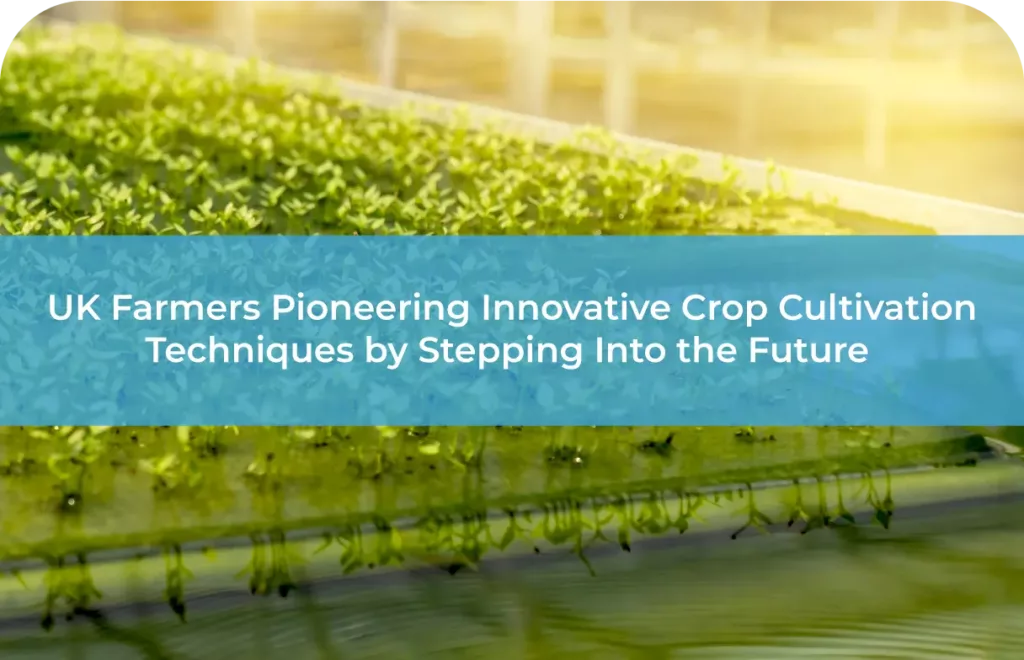
These novel crop cultivation techniques offer numerous benefits. Firstly, they can increase crop yields, thus contributing to food security. Secondly, by reducing the reliance on synthetic fertilisers and pesticides, they can mitigate the environmental impact of farming. Finally, techniques like precision agriculture can reduce the labour and resources required, making farming more cost-effective.
Biological pest control and the agricultural fight against invasive species
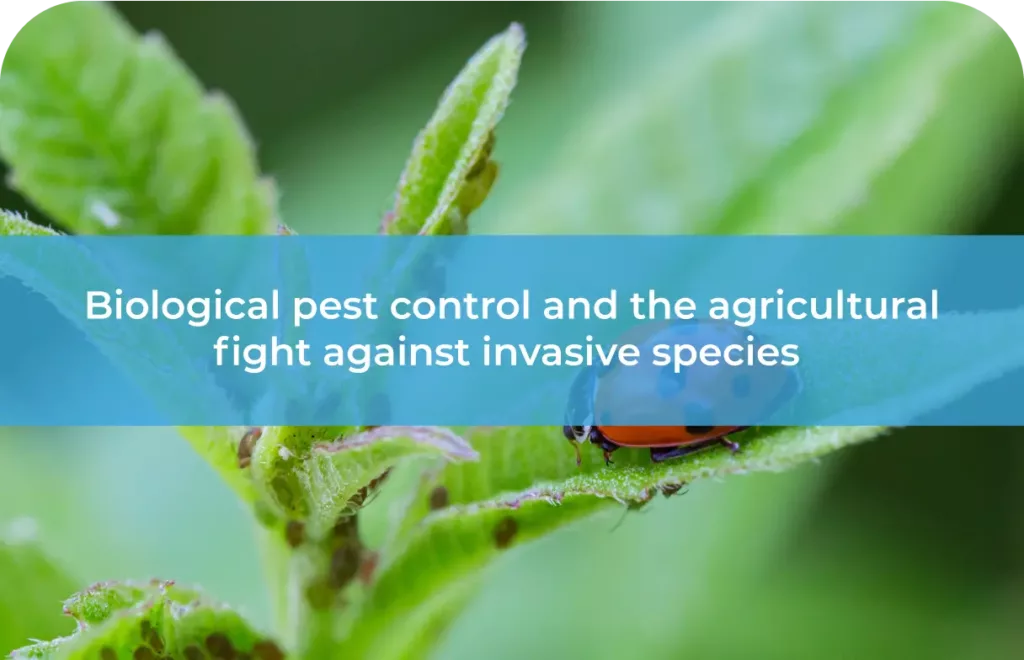
Adopting biological pest control strategies offers numerous benefits. First, it mitigates the harmful impacts of chemical pesticides on the environment, such as water pollution, soil degradation, and harm to non-target species.
How does horticulture contribute to carbon sequestration?
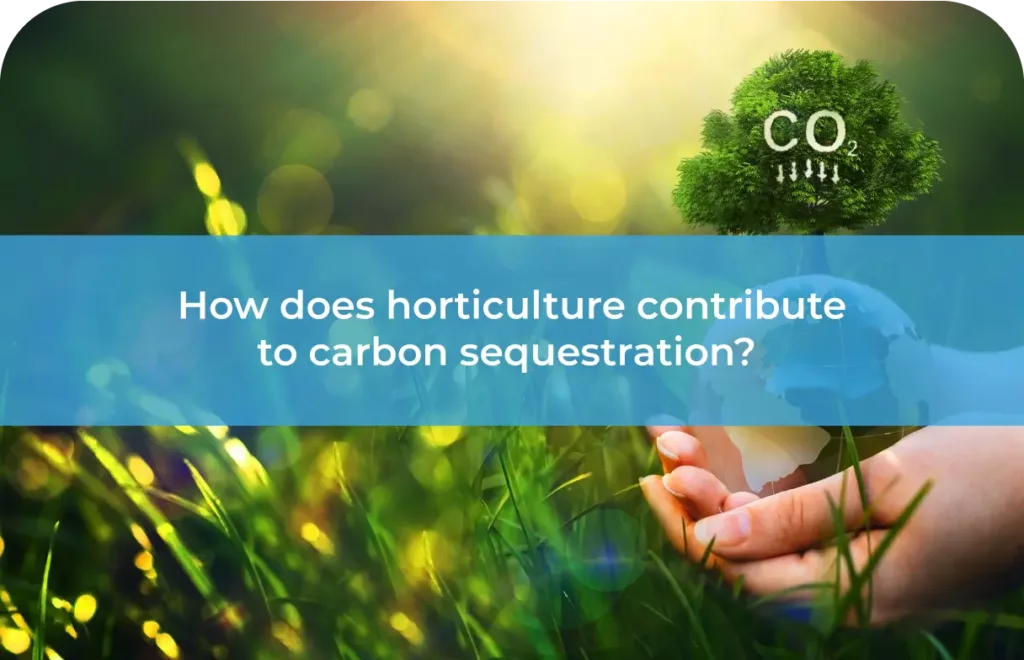
Horticulture amplifies this natural phenomenon. A landscape rich with plants, trees, and shrubs provides an increased capacity for carbon sequestration. The more diverse crops and plants, the better chances for carbon storage, thereby reducing the volume of CO2 in the atmosphere, and lessens its contributing to climate change.
The Water Footprint of Agriculture Comprehending the Effect of Farming on Potable Water Resources
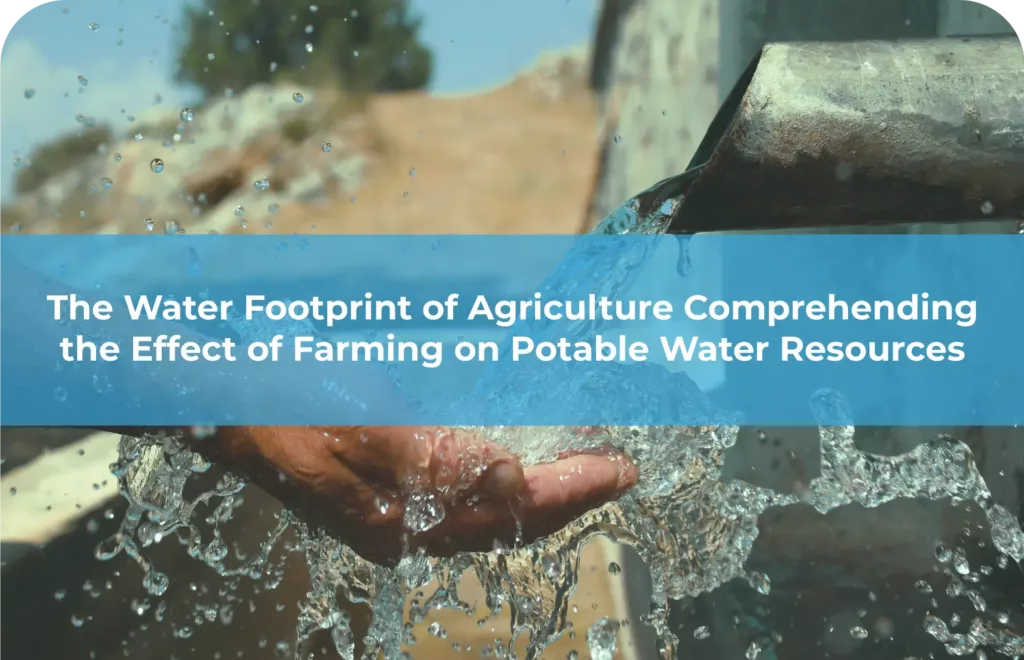
The extensive water use in agriculture directly impacts the availability of potable water. Over-extraction of groundwater for irrigation can lead to the depletion of aquifers. Creating future water shortages for human consumption and other uses.
Cover Crops: Harnessing the Potential
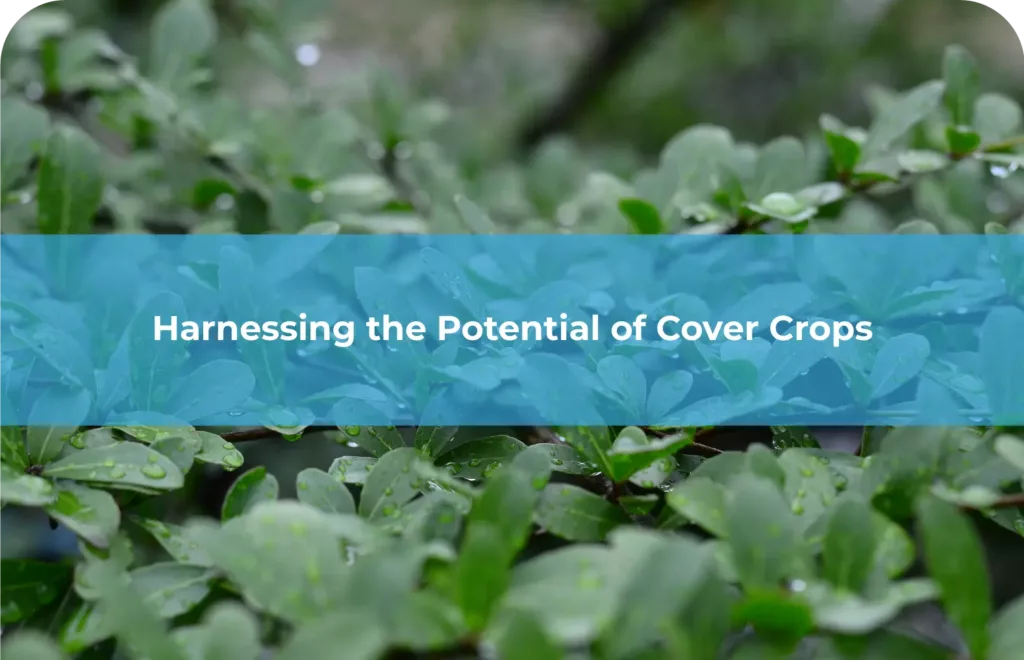
Cover crops form a protective layer on the soil surface, shielding it from water and wind erosion. This benefit is particularly significant in regions prone to heavy rains or strong winds.
Are monocrops a lifeline or an ecological time bomb?
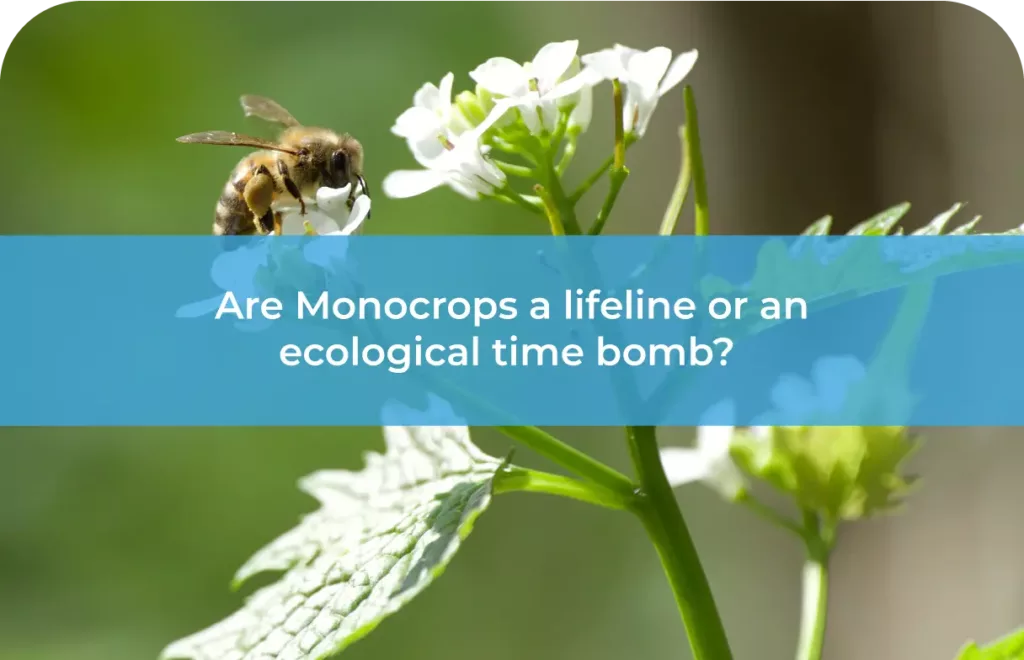
From an economic perspective, monocrops can offer a stable income for farmers. By specialising in one crop, farmers can potentially maximise their profit margins. Especially with a more in demand crop, such as wheat.
Chemical warfare on our plates: the toxic truth of pesticide infused crops
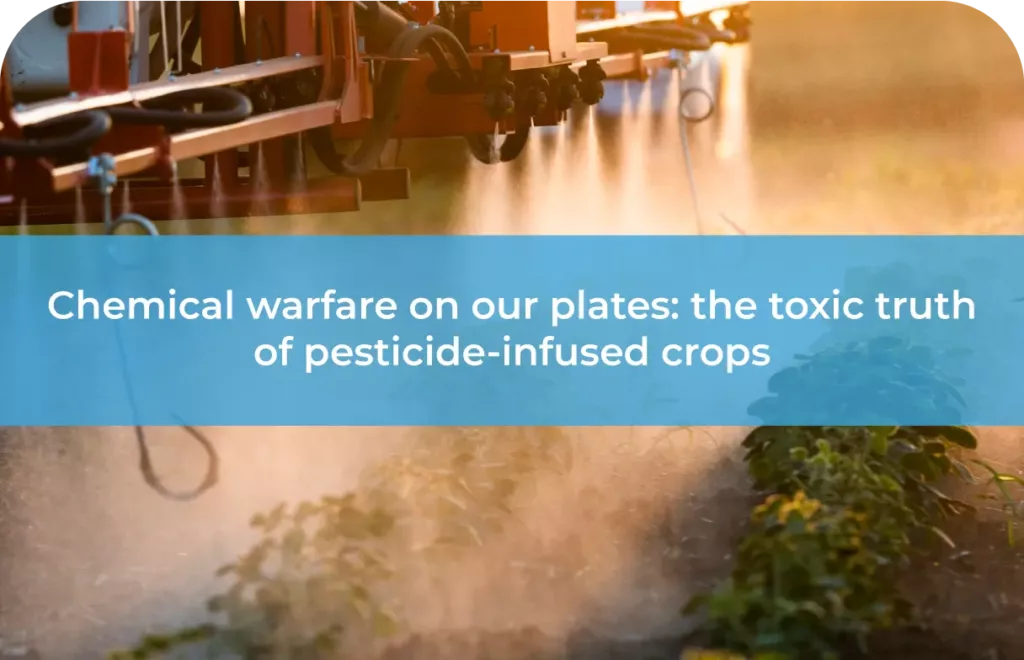
Pesticides have been linked to certain health issues. Increasing the risk of neurological disorders, and certain types of cancer. The more exposed someone is to these chemicals, the more chronic these illnesses can become.
Organic Farming: A Luxury or a Necessity for Arable Farming?
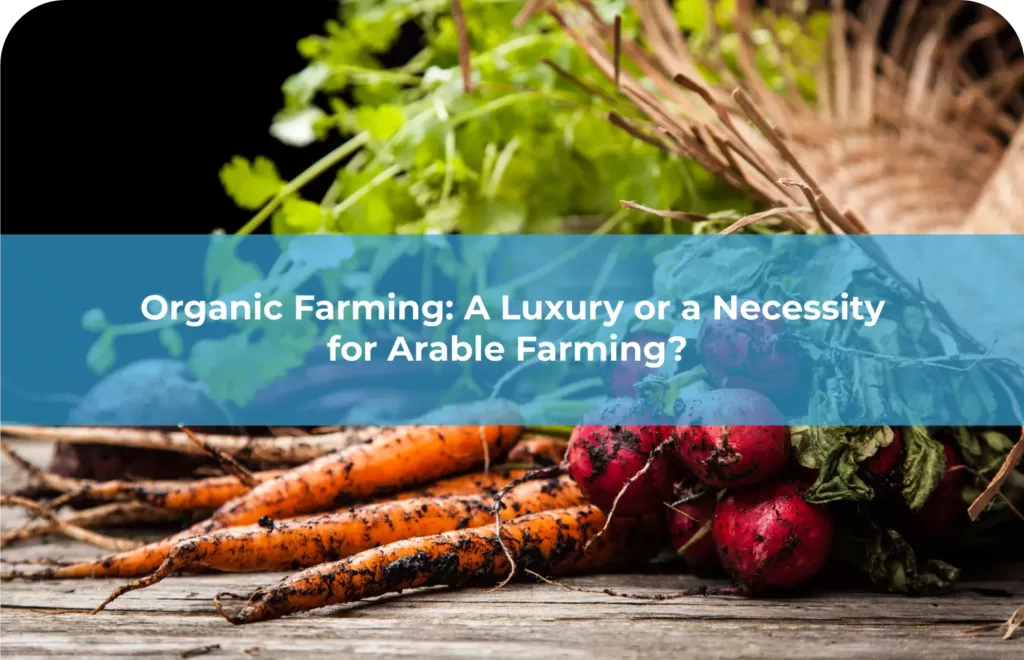
Organic farming presents itself as a viable contributor in the fight against climate change. Through practices such as crop rotation and cover cropping, organic farms have demonstrated an impressive ability to sequester carbon.
Embracing Alternative Protein Sources: The Future of the UK Food System
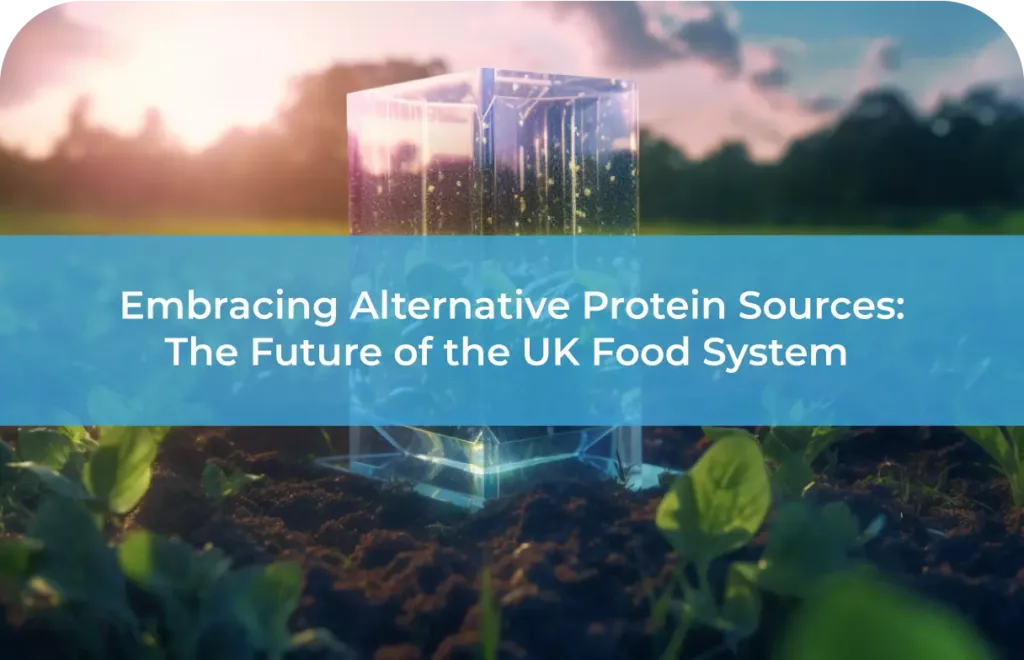
Embracing Alternative Protein Sources: The Future of the UK Food System The global demand for protein continues to rise, driven by population growth and changing dietary preferences. This surge has placed immense pressure on the environment and food systems. In response, alternative protein sources, such as plant-based and cell-based meat, are gaining traction as sustainable […]
